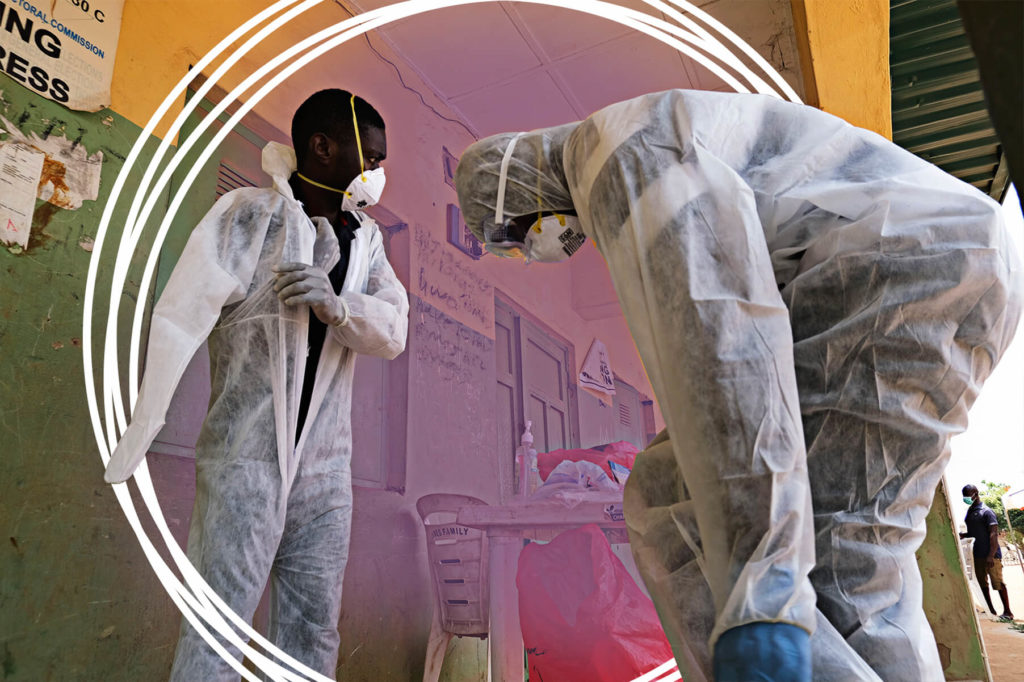 As of 25 May this year, a total of 8,068 cases of COVID-19 were recorded in 34 of Nigeria’s 36 states, as well as in the Federal Capital Territory (FCT). Only two states had no officially recorded cases at the time: Kogi State in the country’s middle belt region and Cross River State in the south. But this may be because the governors of both states have refused to allow testing for the virus.
As of 25 May this year, a total of 8,068 cases of COVID-19 were recorded in 34 of Nigeria’s 36 states, as well as in the Federal Capital Territory (FCT). Only two states had no officially recorded cases at the time: Kogi State in the country’s middle belt region and Cross River State in the south. But this may be because the governors of both states have refused to allow testing for the virus.
For weeks after the outbreak in Nigeria, the governors of both states claimed they were proactively ensuring that the virus did not spread in their domains. But given their publicly expressed scepticism about the likely impact of the virus, as well as those of public health officials, Nigerians wondered whether they would introduce testing and other public health measures to slow the virus.
For weeks after the outbreak in Nigeria, the governors of both states claimed they were proactively ensuring that the virus did not spread in their domains.
Governor Yahaya Bello of Kogi State, an accountant by training, stated in a video posted on his Facebook page on March 25 which went viral: “Ninety per cent of the noise about COVID-19 is for political, economic, financial [or] material gain. The other 10% [relates to] ordinary flu, like the common colds Nigerians generally suffer.” On May 7, while the health commissioner of Kogi State, Dr Saka Haruna, was claiming that false information was being circulated that the state already had COVID-19 cases, Benue State on its eastern border was recording its first cases, and cases in their tens and then hundreds were reported to be emerging in the FCT.
Cross River State governor Professor Ben Ayade, who has a doctorate in environmental microbiology, questioned the need for social distancing, saying that masks are sufficient protection. “You don’t need social distancing when you are properly protected because for your mucal glands that secretes the mucus and the mucins already form a network of coats to attack the virus,” he said in a video that went viral on social media on April 9. This might be true of normal health conditions; mucins, a major component of mucus, can act “as a selective barrier”. But “disease can ensue when mucin structure and production are abnormal,” according to an article in Harvard University’s SITN blog series. Ayade also claimed that the serum of those who had recovered from COVID-19 could be used to produce a vaccine, for which he came in for a lot of bashing on social media. Among those responding, virologist Professor Oyewale Tomori, the former vice chancellor of Redeemer’s University, said his proposals were contradictory and “bullshit”.
At the time of writing, Lagos and Kano, the two states worst hit by the virus, had ordered the mass production of face masks. Cross River has now reportedly commissioned face masks and established a factory for this. Ayade has since allowed testing in the state, but in late May this year, the Nigerian Medical Association (NMA) called for action, saying it suspected that there had been a rise in COVID-19 related deaths in the state. Ayade belatedly welcomed testing in the state by the National Centre for Disease Control (NCDC). Also in late May, a sample of a suspected COVID-19 case in Cross River State was sent to the Irrua Specialist Teaching Hospital in Edo State for analysis.
Meanwhile, a web and mobile app made available by Kogi, which aims to track possible cases in the state, has become mired in controversy. An online test carried out via questionnaire filled out on the app, certifies a user to “either be at high risk, medium risk or low risk of having Covid-19. High risk individuals will get immediate medical attention from the Kogi State Ministry of Health,” according to information on the website. However, when I tried to download the app for the Android platform, a pop-up warning appeared with the message: “This type of file can harm your device. Do you want to keep KogiCovid19App.apk anyway?”. Naturally, this left me unwilling to install the app on my phone. Adding to the confusion, Governor Bello initially refused to allow NCDC teams to carry out tests in the state and also insisted that any staff sent to the state should be placed under 14-day quarantine. However, Bello eventually allowed the NCDC carry out tests. Two of those cases came back positive on Wednesday 27 May, but the governor rejected the results, insisting that the state was COVID-19 free.
Two of those cases came back positive on Wednesday 27 May, but the governor rejected the results, insisting that the state was COVID-19 free.
Given his scepticism regarding the COVID-19 virus, the 14-day quarantine requirement was clearly contradictory. If the governor didn’t believe that the virus was a serious threat, why would he require visiting health workers from other states to go into quarantine?
Nigerians are wondering at this reckless approach to dealing with the COVID-19 pandemic, which potentially endangers many of the citizens to whom states are supposed to provide health services. A housewife and indigene of Kogi State, Onyeche Ibrahim, said they were dissatisfied with the state. “We know there is zero enforcement of all protocols and Covid-19 regulations– no social distancing, no masks – and this is worrisome”. “Even when the governor reluctantly put in place a team to deal with the situation, he refused to fund them, despite donations from corporate bodies and wealthy individuals,” said Onoja Ahmed, a post-graduate student at the Ibrahim Babangida Universtity, Niger State. She added that it was “surprising” that the state had not recorded an upsurge in deaths, when cases of infection and mortality were rising across the country. On 28 May there were a total of 8,915 COVID-19 cases in Nigeria, and the NCDC’s progression update was still not reflecting Kogi’s confirmed cases. Onyeche Ibrahim was concerned citizens have bought into Bello’s talk that the State is COVID-19 free. “I fear we may end up like Kano, with mass deaths,” she commented.
On 28 May there were a total of 8,915 COVID-19 cases in Nigeria.
On Sunday 31 May, the Kogi State government said the NCDC had “dubiously allocated index cases” to the state, in violation of its own protocols. However, on 1 June, Governor Bello seemed to partially reconsider this stance. While maintaining that the state was still “COVID-19 free”, he announced a two-week lockdown in communities where the index cases had been identified. These precautionary measures were necessary because of the “obvious move to spread the virus” in the state, the governor said. He seemed to be accusing the NCDC of wanting to spread the virus in the state, hence the “false allocation” of cases. He also called on management of the Federal Medical Centre, in Lokoja, the State capital, to urgently isolate personnel who had come into contact with the “supposed index cases”. The Presidential Task Force (PTF) on Coronavirus Disease, set up by President Muhammadu Buhari, has reported Bello to him, for what it described as the governor’s “hostile attitude” to the body. But at the time of writing no action had been taken regarding the dubious views and decisions of these public figures, which potentially endanger the lives of citizens.
The leaders of these states have ignored or denied standard measures against the virus taken by countries around the world. Senior public health officials in their administrations have questioned the science, but apparently on the basis of little or no research. Yes, Nigeria is a plural society, with different regional cultures and systems of administration. But the COVID-19 pandemic is a reality that the whole world is living with. Surely this crisis makes it clear that we need to face up to the challenge of managing both the centre and the sub-national units of our response more effectively?
We’d love to hear from you! Join The Wicked Conversation by leaving your comments below, or send your letter to the editor to richard@gga.org.
Adie Vanessa Offiong is an award-winning journalist in Abuja, Nigeria, with experience in investigative, science and development journalism. She is member of the Health Systems Global, African Investigative Publishing Collective and of the Center for Collaborative Investigative Journalism. Vanessa was the winner of the 2019 Africa Media Development Foundation (AMDF) Journalists of the Year Award and was the only female finalist of the 2019 Continental Journalism Awards on the African Union Charter.

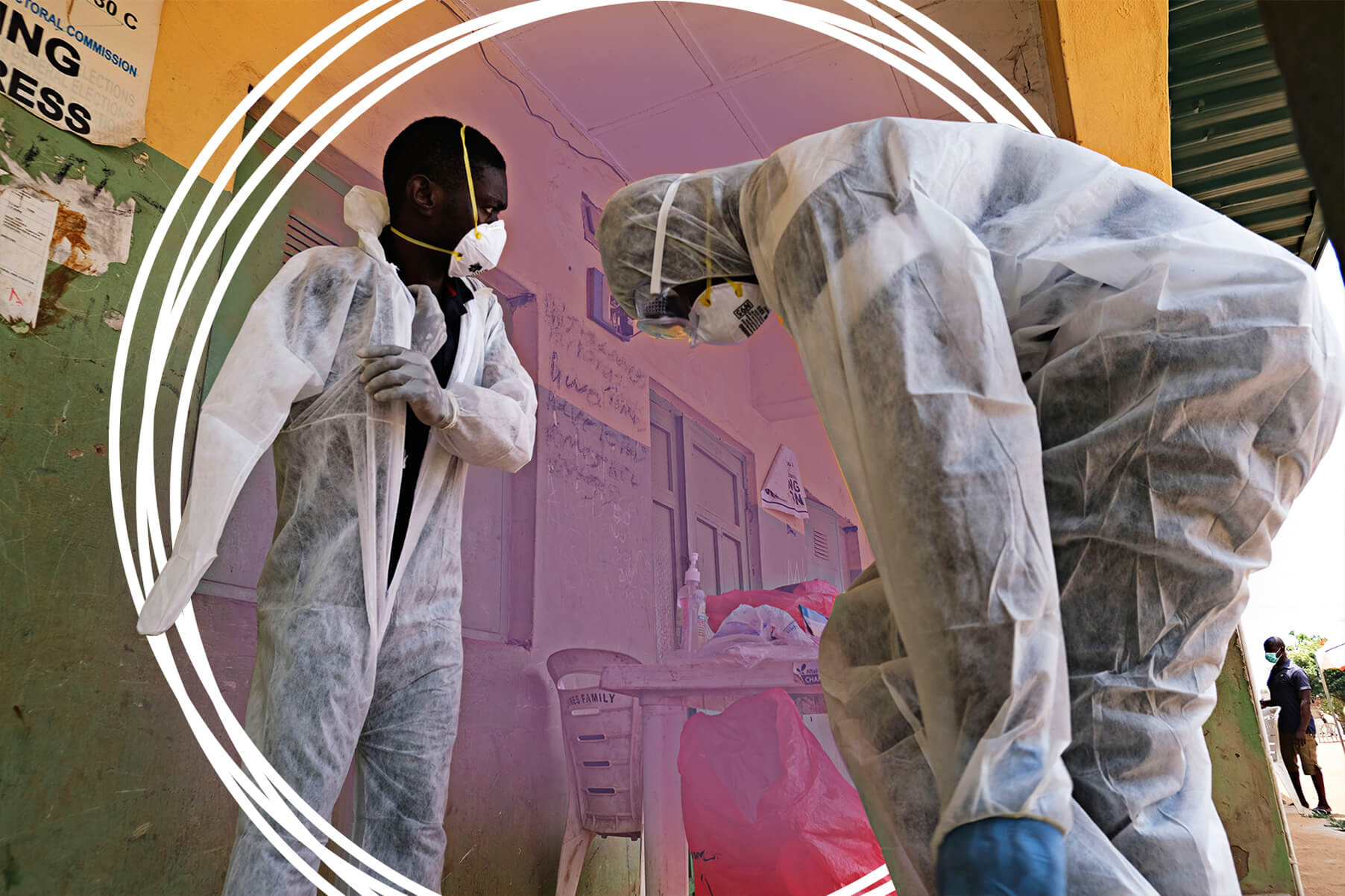
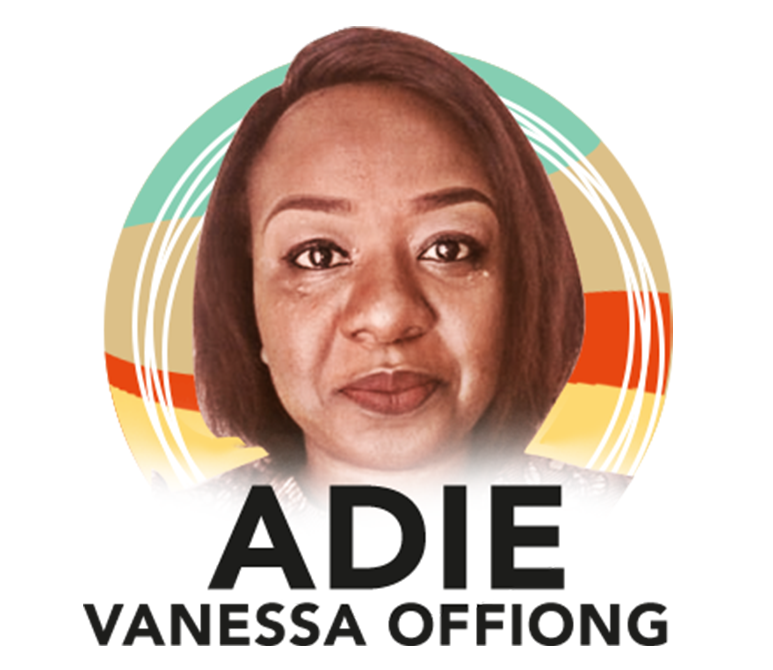
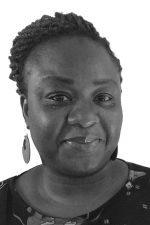
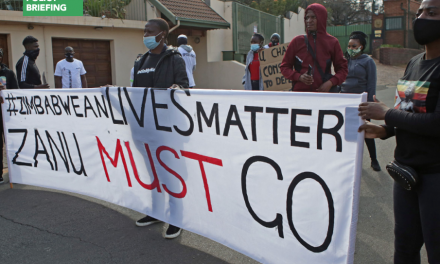
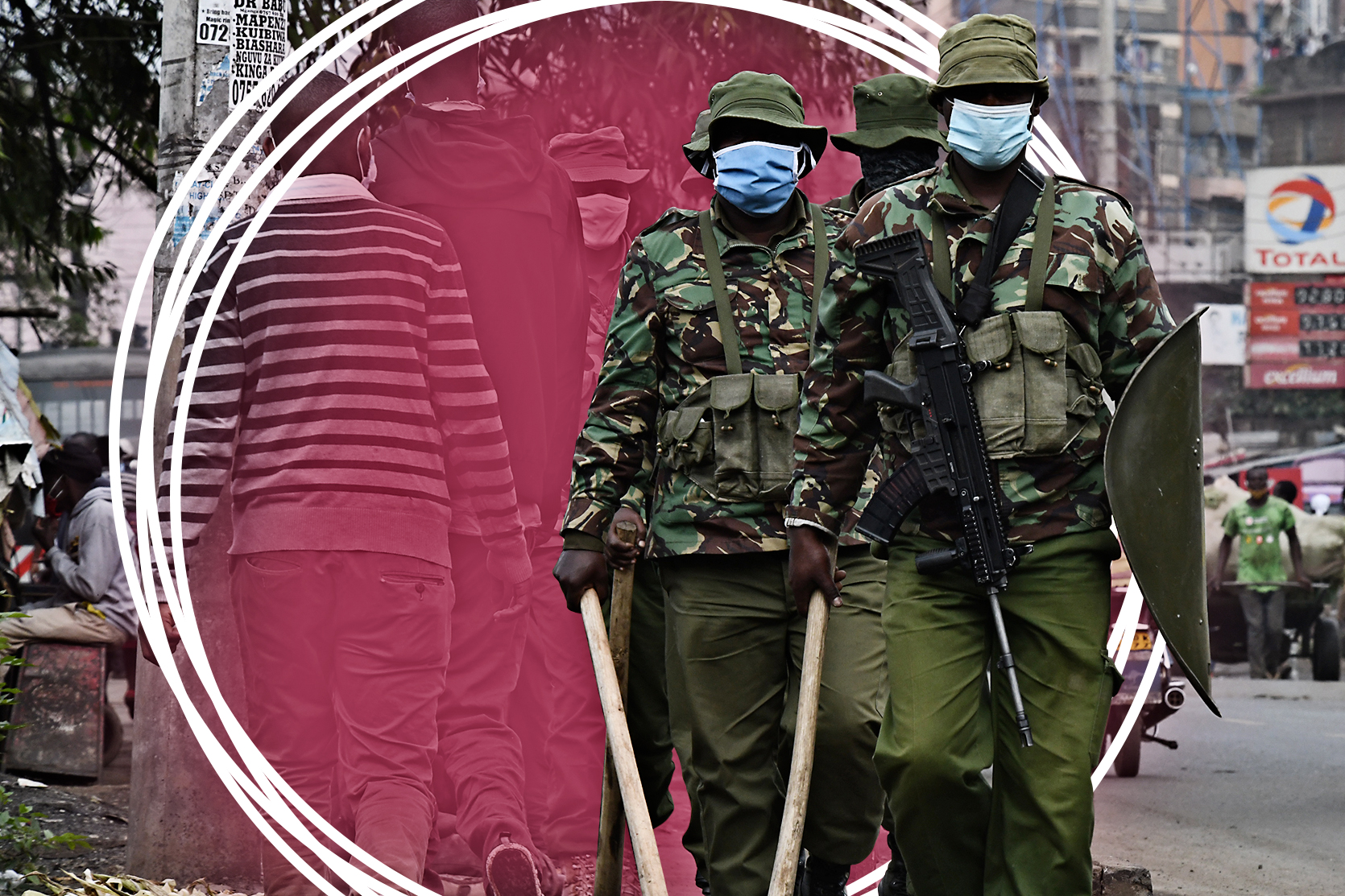
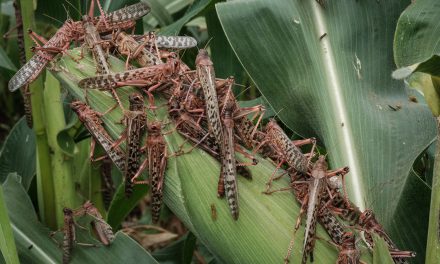
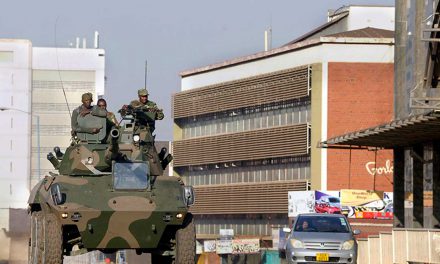


Covid-19 is a counterfeit of unimaginable things, politically, social, religiously too much to mention. But may Almighty God help his children. An average European knows Africans see him as God. If America, China Asia decides to make a change in the world, They rebrand one sickness to trick Africa. If not ebola, hiv, malaria, you’ll start hearing big Grammer Epidemic , Pendemic. Isolation, Quarantine just to silent Africa because they know we are scared to die.